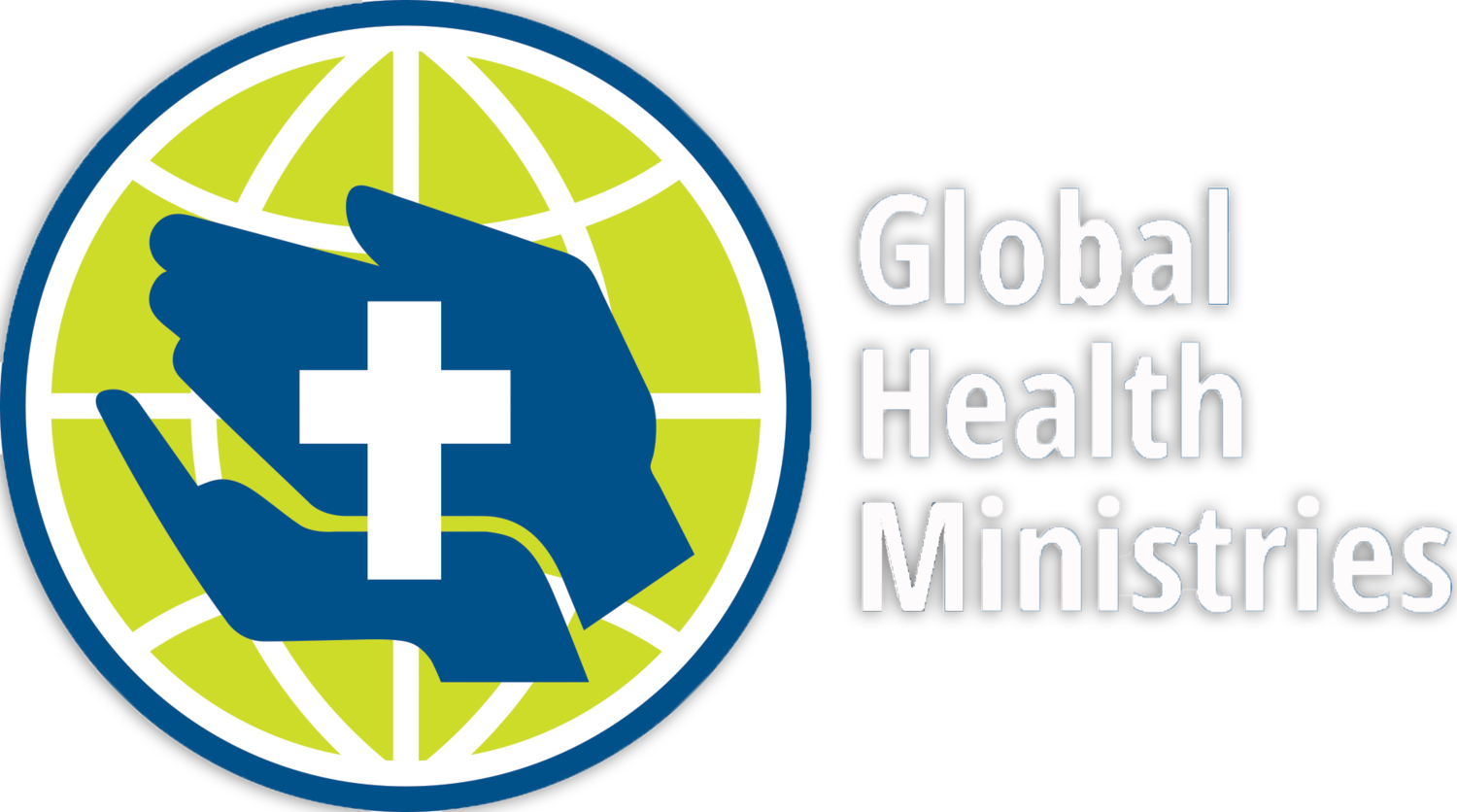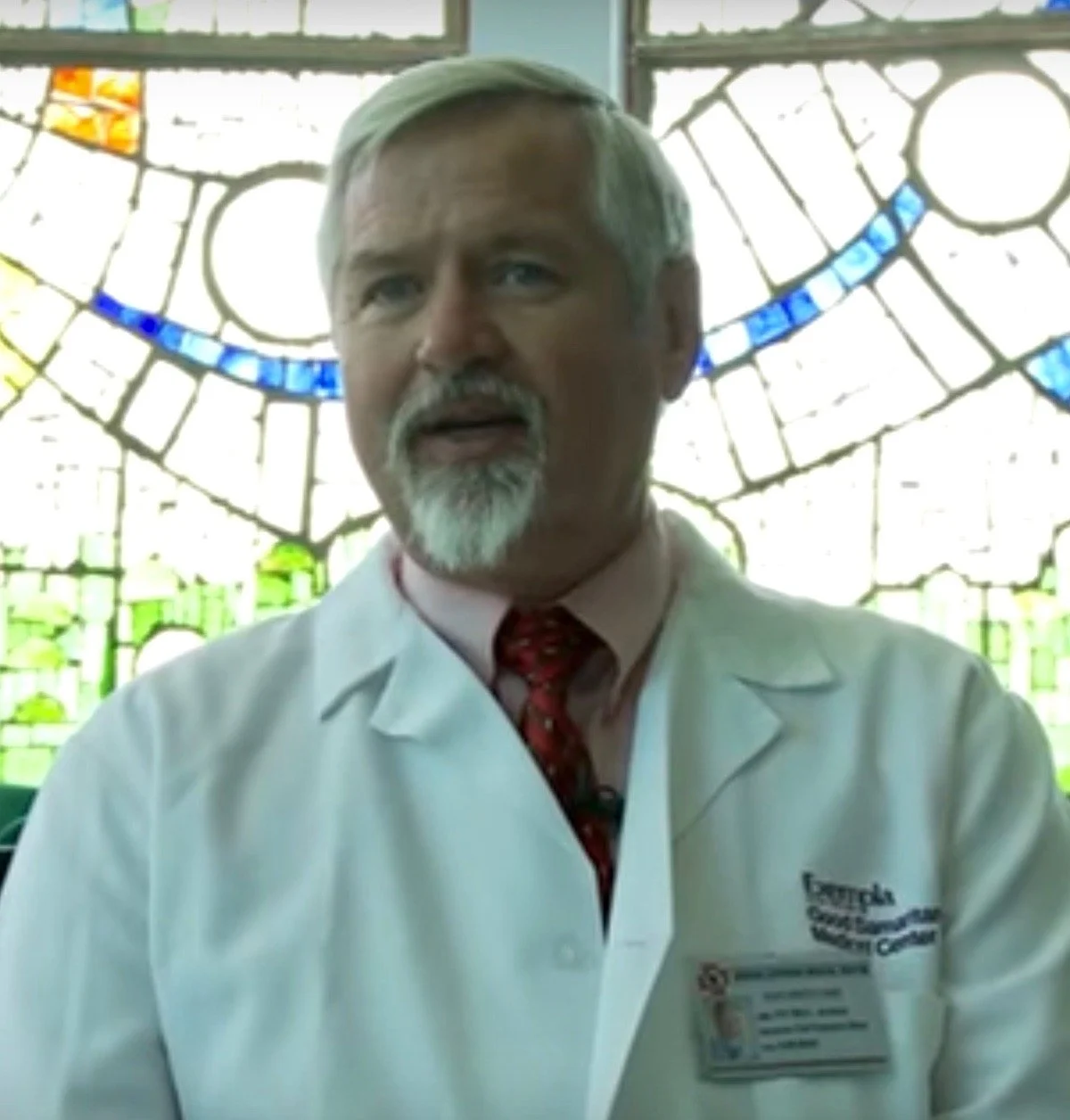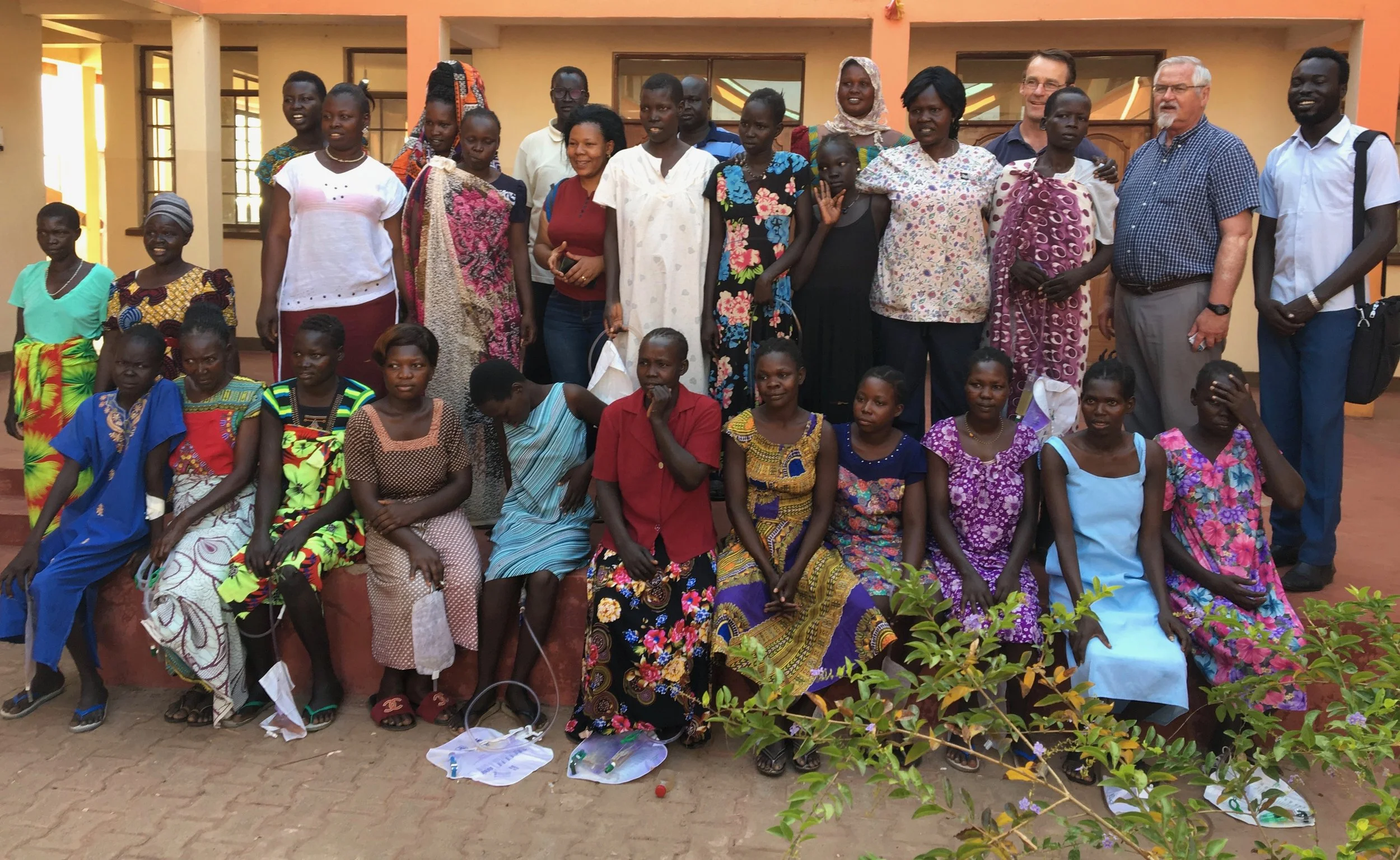Leaders Who Inspire
This is part of a communication series to health leaders in GHM’s partner countries. (sent March, 2022)
Two Global Health physician pioneers passed away last month: Mark Jacobson (70) and Paul Farmer (62).
Each had top training. Paul, a medical anthropologist/PhD as well as MD, taught at Harvard. Mark, with a degree from Harvard College, a Masters in Public Health from Johns Hopkins as well as MD, taught at the University of Minnesota Medical School. Each could have chosen a more comfortable and economically rewarding path.
Each was blessed with and supported by a spouse and three children.
Each had a calling, Mark’s in Tanzania and Paul’s in Haiti and later Rwanda. Their influence, however, ripples across the globe.
Although I don’t know if they ever met, both Mark and Paul:
dedicated their lives to serving the poor by improving health in challenging environments;
succeeded in making a WORLD of difference for many people in great need, despite the odds; and
used a community-based approach
What did this mean? It meant that both Mark and Paul:
understood how health and poverty are interrelated;
worked with and within flawed power structures that frustrated them; AND
created shared vision and mobilized action to improve health, and found NEW structures
Through Mark … Selian Lutheran Hospital and Arusha Lutheran Medical Centre (ALMC) in Tanzania developed numerous programs to deal with the health issues of the day, including HIV/AIDS, obstetric fistula, palliative & hospice care, cancer care, medical training. In Juba, South Sudan, Mark helped establish Reconciliation Lutheran Primary Health Care Center, creating access to assisted deliveries and fistula repair surgery for some of the world’s most marginalized women.
Through Paul … Partners in Health, a global health nonprofit co-founded by Paul, blazed a path to access global financing for HIV/AIDS and provide access to quality healthcare for the poor.
Mark and Paul embraced community health workers and the community integration sentiment of Lao Tzu, ancient Chinese philosopher and founder of Taoism.
“Go to the people. Live with them. Learn from them. Love them. Start with what they know. Build with what they have. But with the best leaders, when the work is done, the task accomplished, the people will say, ‘We have done this ourselves.”
Lessons for Global Health Leaders
Leaders inspire.
I am inspired by both of these men. It is up to us to continue their work.
I have been particularly blessed to collaborate with Mark over the past three years via GHM and Global Health Administration Partners (GHAP).
Mark has left a lovely, long and large legacy - he left his Mark on me.
For inspiration from the lives of these global health champions, check out:
Mark, a 30-minute love story https://www.youtube.com/watch?v=1ndF78g65cg
Paul, Bending the Arc, a Netflix documentary: trailer https://www.youtube.com/watch?v=sw-fsJghjKY&ab_channel=PartnersInHealth , or the book Mountains Beyond Mountains, by Tracy Kidder
Asante/Gracias/Misaotra/Merci/Thank you for your leadership in helping to advance the legacies of Mark and Paul!
Rob Thames, FACHE, FHFMA, Director, GHAP (Global Health Administration Partners)
In March, the United Nations on our Planet observe:
Zero Discrimination Day (March 1), to celebrate the right of all to live a full life with dignity regardless of age, gender, sexuality, nationality, ethnicity, skin color, height, weight, profession, education, and beliefs. Although many countries have laws against discrimination, it's still a problem in all layers of society in every country in the world - many countries still use discrimination as a way of governing. The symbol for Zero Discrimination Day is the butterfly, to end discrimination and work towards positive transformation.
“International Day of Happiness”, or just Happiness Day (March 20), to recognize that happiness is a fundamental human goal, and calls upon country leaders to improve the well-being of all people. The “pursuit of happiness” is a basic human right and goal. In order to promote world happiness, initiatives to eradicate poverty, establish equality, and protect the environment are inherent in the Global Agenda. These goals are pursued through “sustainable development” efforts (SDGs) of the UN, of member states, and of humanitarian organizations.
Update on the Race between the Virus, Vaccinations … and Variants
COVID-19 Creates Poverty
The World Bank has estimated that nearly 100 million people have been pushed into extreme poverty as a result of the pandemic. This is equivalent to the 15th largest country in the world, roughly the population of Vietnam.
Vaccinations – According to the Bloomberg COVID-19 Vaccine Tracker as of 1 March, 2022:
A shot in the arm: Over 10.8 Billion doses have been given in 184 countries. The current rate is over 28.9M doses per day; over one-fifth of this (~ 6.5M) are people getting a first shot - at this rate, it would take ~ 5 months to cover 75% of the population. Because of variants, it is believed that a higher rate of coverage is needed to achieve a herd immunity effect.
Countries: Globally, 137 doses have been given for every 100 people.
Effectiveness: During the omicron wave, vaccination with a booster reduced the chance of hospitalization and death by more than 90% (Bloomberg tracker).
Virus – Globally, according to the Johns Hopkins COVID-19 Tracker as of 1 March 2022, the reported COVID-19 infection count is:
5.96 million deaths – for reference, the population of GHM partner country El Salvador is ~ 6.5M. Reality? A recent study by the Economist using machine learning estimated as many as 17 million people worldwide, more than three times the reported number, had died of COVID-19;
437 million COVID-19 cases have been reported. While experts concur that the actual number of people infected is a multiple of this reported number, it is still larger than the population of the United States and Egypt combined.




